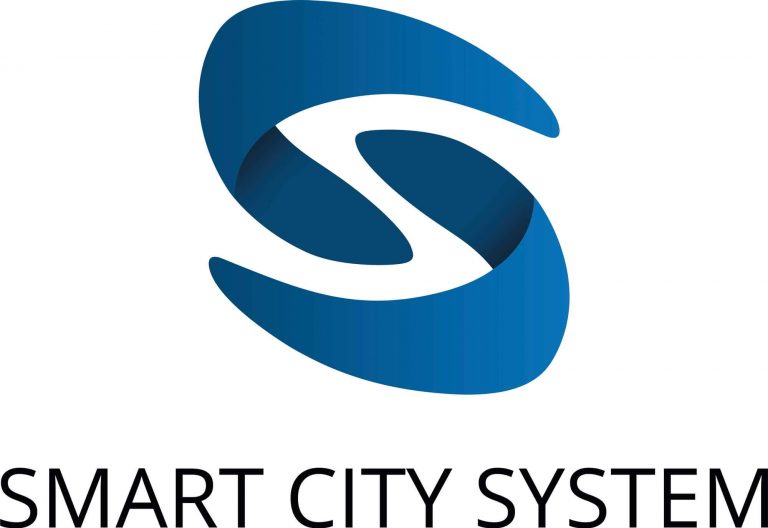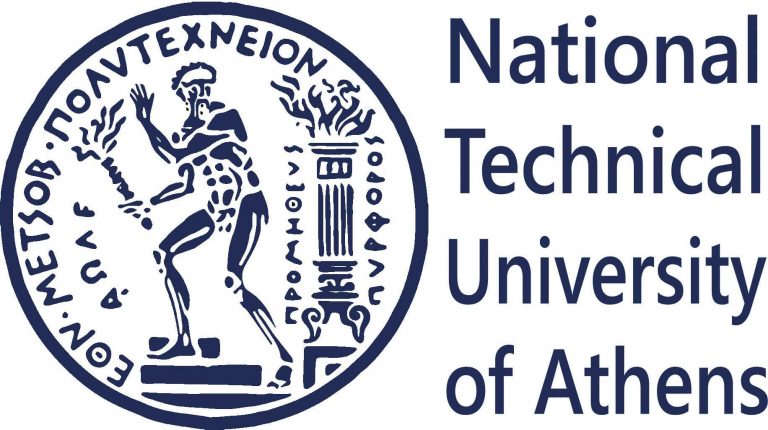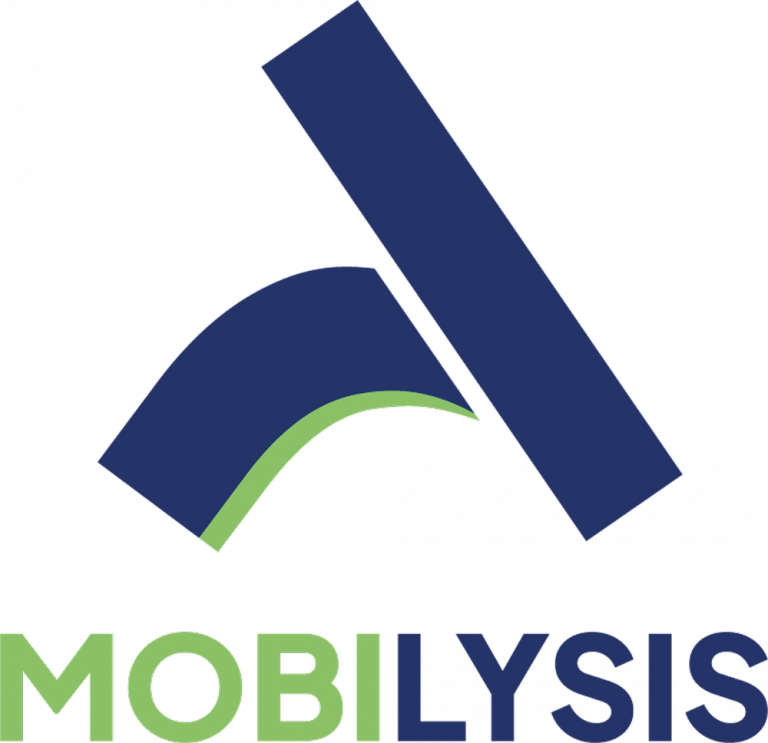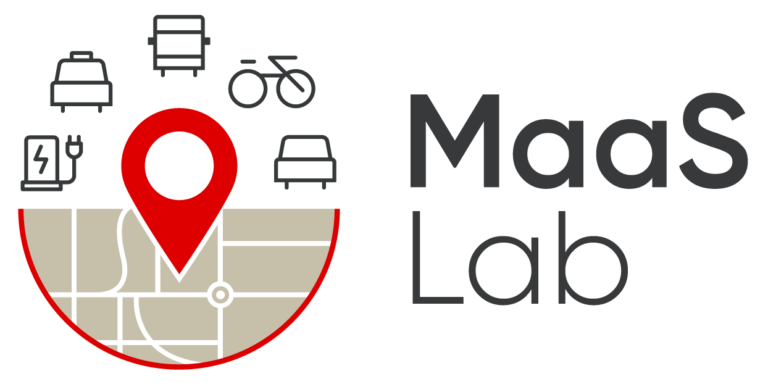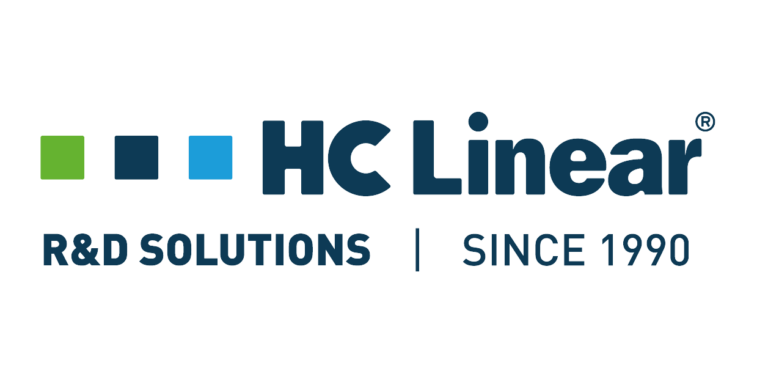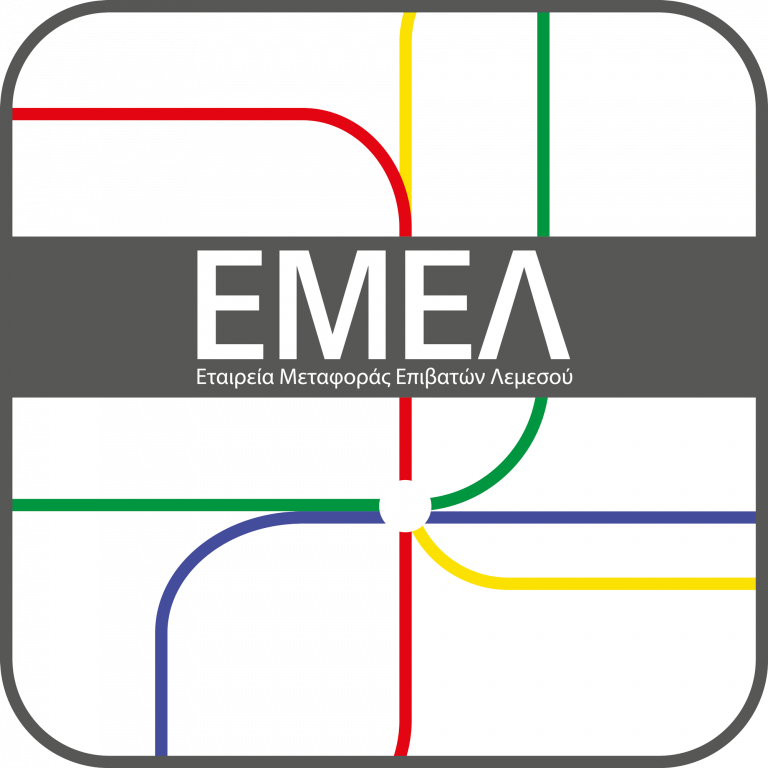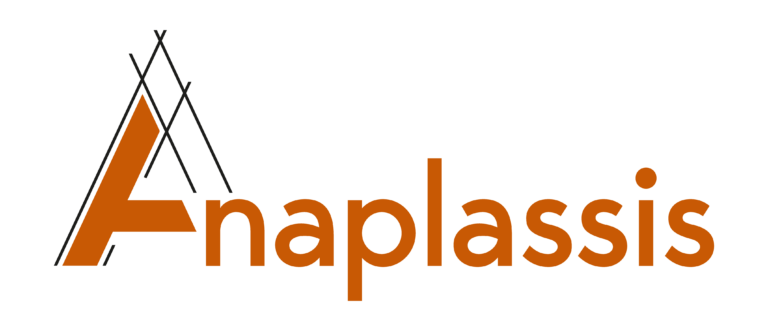Amsterdam is the capital and largest city of the Netherlands, known for its historical significance, cultural heritage and economic importance. It is one of the most densely populated areas in Europe and attracts millions of visitors each year. Amsterdam is characterised by diversity, progressivism and active citizen engagement, playing a significant role both in national politics as well as in shaping social and cultural trends.
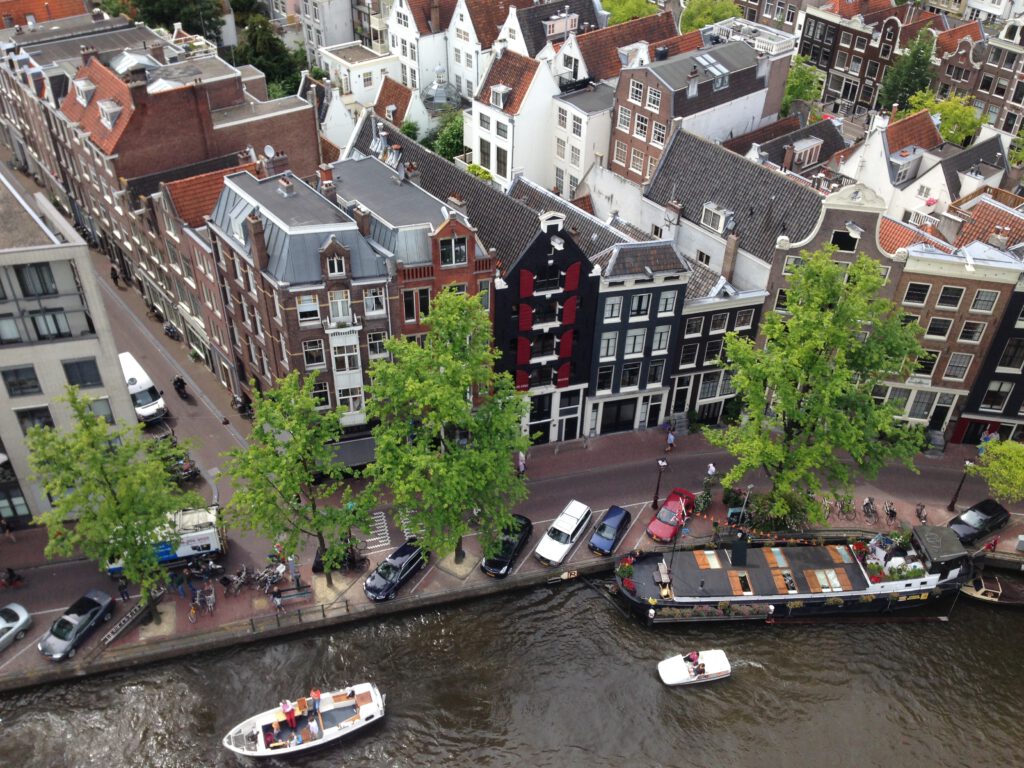
Challenges
While the number of trips in Amsterdam for both people and logistics grows at an unprecedented pace, the city itself does not have the space to grow. This puts pressure on the already scarce public space. The growing popularity of electrified micro mobility adds to the many modes of mobility that must share the same space.
Sharing the same space at different speeds increases the dangers for other road users like cyclists and pedestrians on the narrow streets of Amsterdam. Meanwhile the increasing number of logistic trips puts a weight like never before on the centuries-old quay walls along the Amsterdam canals, increasing their risk of collapse.
Use cases
To address these challenges, we explore five different technologies to improve urban liveability.
In the Amsterdam Living Lab, we explore options to move logistics from the road to the water, using Amsterdam its unique canal system. Our hypothesis is that by replacing large and heavy trucks with a combination of light electric vehicles and autonomous electric waterborne vessels (developed by ZoevCity and Roboat), we can reduce the pressure from heavy duty logistic vehicles on the existing infrastructure and reduce greenhouse gas and noise emissions in the city.
TU Delft will implement an intermodal on-demand waste collection system using cargo bikes and cargo ships to address the challenges of waste management in the city centre.
With the Adaptive Speed Governance technology developed by Townmaking Institute, the City of Amsterdam will be able to better advise on -and if needed enforce- the speed regulations in the areas where light electric vehicles (e.g. e-bicycles) share the public space with other road users.
Technolution and TU Delft will design a system for Tradeable Mobility Credits, using market-based instruments of cap-and-trade to limit the negative side effects of traffic movements within their pilot area.
Role of the living lab in metaCCAZE
The Amsterdam Living Lab and case study demonstrates cutting-edge technologies in support of safe, autonomous, connected and zero emission solutions for better urban liveability, in line with the aims of the metaCCAZE project.
The Living Lab serves not only as a demonstration of what is technologically possible, but also as a testbed for what is socially acceptable and desirable, by involving end users in the design and implementation process. The vision beyond the project, is that the lessons learned in metaCCAZE will be safeguarded by urban planners and policy makers in Europe and beyond and that successes are scaled and adopted widely when planning for liveable cities.




